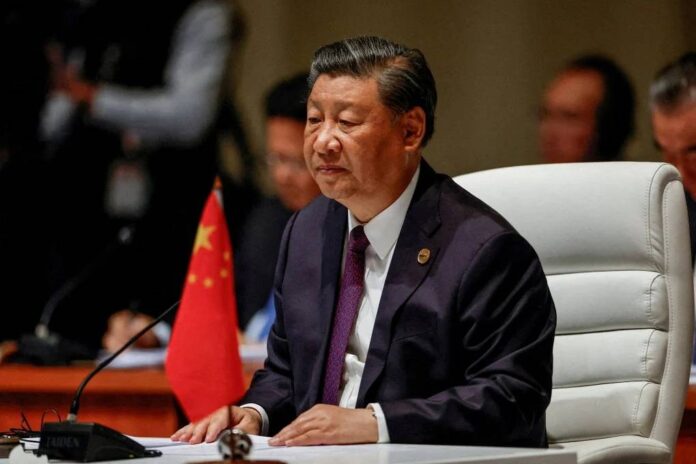Chinese officials have been called upon to manage public sentiment better, particularly online, to prevent issues from escalating into larger crises. A recent social media post by the publicity branch of the Communist Party in Zhejiang province highlighted concerns over some cadres’ dismissive attitudes toward public opinion and reliance on cyberspace censorship rather than addressing underlying problems.
The post criticized a few officials for neglecting online discourse, dismissing it as insignificant, or focusing solely on reports from traditional media. It warned that such attitudes could result in delayed responses to issues, potentially leading to heightened public backlash and governance challenges.
Quoting President Xi Jinping’s assertion that effective internet governance is crucial for long-term stability, the post emphasized the need for a proactive approach to online feedback. It attributed officials’ disregard for public concerns to bureaucracy and self-interest, warning that this mindset could jeopardize their work and risk broader crises.
Managing Public Sentiment
The post highlighted instances where mishandled communication of policies or neglect of criticism had sparked public outcry, urging officials to anticipate potential public reactions to policies and statements. It also stressed that problems cannot be resolved by remaining silent or offering perfunctory responses.
“The internet has become a vital platform for gauging public sentiment,” it stated, encouraging officials to monitor, understand, and engage with online discussions. This approach, the post argued, could help authorities collect valuable insights, address concerns promptly, and govern more effectively.
Recognizing the Value of Criticism
The statement acknowledged the constructive role public criticism can play in improving governance while cautioning against exaggeration of online opinions, which could destabilize society or complicate social governance. It urged officials to strike a balance by learning to regulate online discourse and using it to enhance decision-making.
This call for action follows similar messages from the same department, which previously emphasized the importance of recognizing public feedback as a tool for risk management and better governance.




